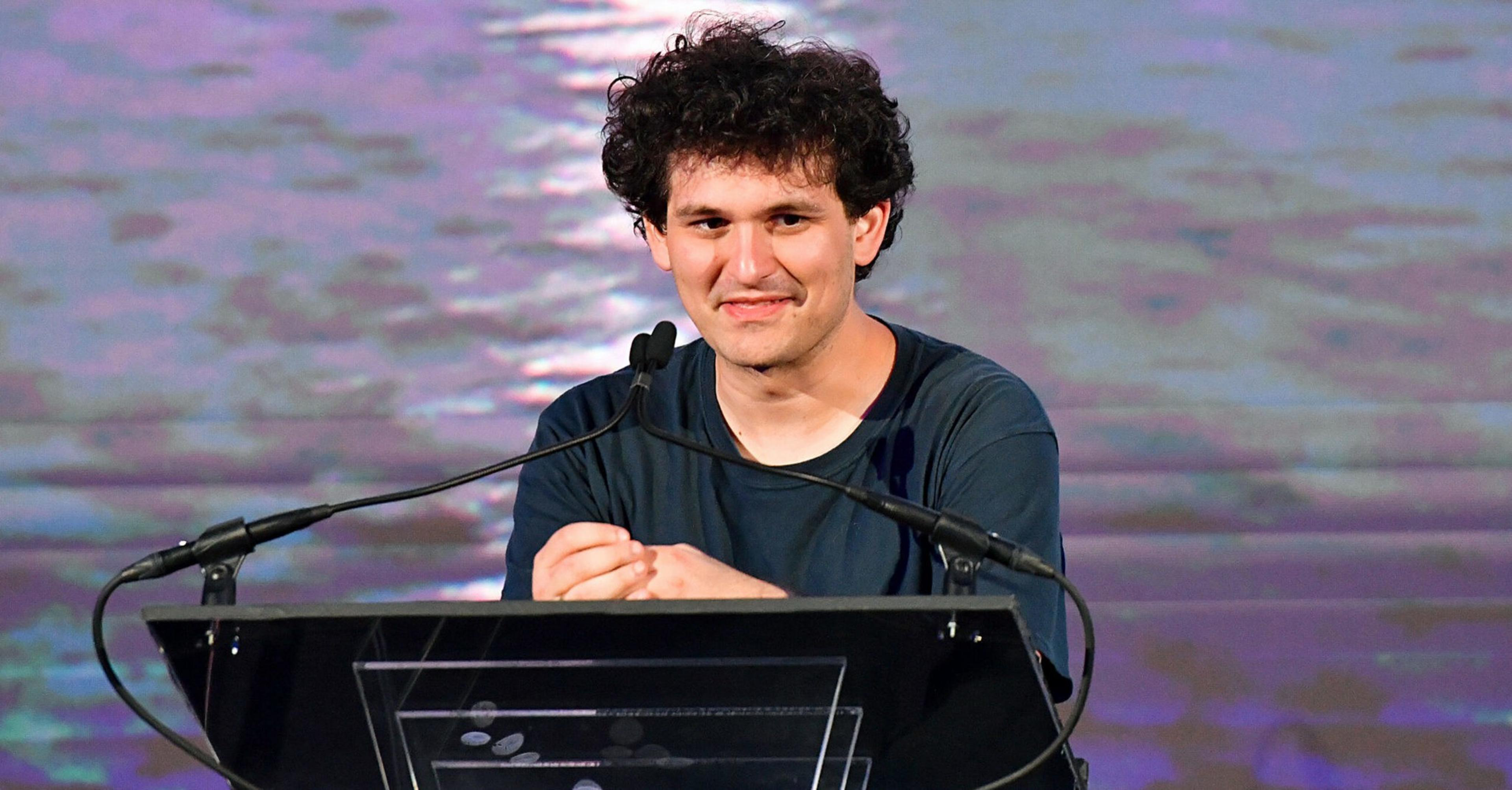Those who got to grow up in the wealthy, liberal suburbs surrounding Stanford University are lucky. And Sam Bankman-Fried—the disgraced, 30-year-old founder of cryptocurrency exchange FTX—was luckiest of them all.
Born to not one but two Stanford professors, Bankman-Fried grew up debating the merits of utilitarianism with his brother Gabe around the kitchen table.
And Palo Alto, the city intertwined with Stanford and home to Steve Jobs and Mark Zuckerberg, was the perfect breeding ground for a young man who aspired to be the world’s first trillionaire and its most celebrated philanthropist.
That was the story that investors, who poured nearly $2 billion into Bankman-Fried’s cryptocurrency empire and made him a multibillionaire, wanted to believe. Instead, earlier this month FTX collapsed, and news surfaced that Bankman-Fried had taken customer deposits and secretly used them to prop up sister firm Alameda Research (opens in new tab). On Nov. 11, FTX filed for bankruptcy and Bankman-Fried, who once had near-complete control over the company, was ousted. Bankman-Fried now appears to be the Elizabeth Holmes of cryptocurrency, and like Holmes, may face criminal charges (opens in new tab).
A historic home in the most educated city in California
Bankman-Fried grew up in a house in the middle of Stanford’s campus, according to federal political filings that disclose the address. The 3,000-square-foot historic home sits on nearly an acre of leafy land, which is large for Palo Alto standards, where the average home sales price sells for $3.3 million (opens in new tab) yet measures a comparatively small 1,874 square feet (opens in new tab). Down the street are Stanford co-ops with quirky names like Enchanted Broccoli Forest and Synergy, in addition to fraternities like Kappa Sigma.
As well as being exceptionally wealthy, Palo Alto is also highly educated. One report called it the most educated city in California: Of residents over age 25, nearly 80% had a bachelor’s degree and nearly 50% had an advanced degree (opens in new tab).
The $56,620 private school

Palo Alto is home to two of the top-ranked public schools in the nation (opens in new tab), but Bankman-Fried didn’t go to either. Instead, he attended local elite private school Crystal Springs Uplands School in the equally tony Bay Area suburb of Hillsborough and where tuition now costs $56,620 a year (opens in new tab). At the school, Bankman-Fried won physics awards (opens in new tab), but “kept to himself, spending most of his free time playing computer games (StarCraft, League of Legends) and a trading card game, Magic: The Gathering, according to a glowing, now-deleted profile of him on an investor website.
An Indictment of Bay Area politics?
The Bay Area is also known as the most liberal place in America: over 80% voted for the Democratic presidential candidate in 2016 (opens in new tab). To some, Bankman-Fried’s deception is an indictment of Bay Area politics.
“In the progressive movement there is a strong sense that the ends justify the means,” said Michael Shellenberger, a Berkeley resident whose book San Fransicko critiques progressive policies. “That’s what explains the desire for canceling people and deplatforming people. It’s intellectual justification for bad behavior, and it’s very pervasive in the progressive Bay Area and elsewhere.”
Indeed, there are rumblings that Bankman-Fried’s past bad behavior was swept under the rug. One woman on Twitter who identified herself as a co-founder of Alameda Research said that in 2018, she and a “group of others all quit, in part due to concerns over risk management and business ethics (opens in new tab).” Other postings on the Effective Altruism forum claimed that this behavior was known and ignored. (opens in new tab)
Brilliant parents who teach at Stanford Law School
Bankman-Fried’s parents are highly regarded professors at Stanford Law School. Joseph Bankman is a leading scholar in tax law (opens in new tab) and Barbara Fried is an award-winning teacher (opens in new tab) who specializes in moral philosophy and the law. A decade ago, Bankman became a licensed clinical psychologist who promoted cognitive behavioral therapy (opens in new tab) and co-hosted a law school podcast named WellnessCast (opens in new tab).
Former students said both cared deeply about students, more so than other professors. Fried invited students to her home and spent time outside class talking with them about dealing with law school pressure, one said. A student of Bankman’s said he was a tiny-statured man and a “big softie.”
“Joe Bankman is sensitive and extremely soft-spoken,” one of the former students said. “Both of [Sam’s] parents were very quintessentially open-minded professor types, more than Socratic types. They seem like really supportive people.”
Bankman was also interested in helping the world, and he was a staunch believer in utilitarianism, the doctrine that the most ethical thing is to work on maximizing happiness for the greatest number of people. He passed this belief onto his son, who became a major proponent through the effective altruism movement (opens in new tab).
“Sam and Gabe have become take-no-prisoners utilitarians, joining their father in that hardy band,” Fried wrote in a book dedication in 2020 (opens in new tab). “They have shown me by example the nobility of the ethical principle at the heart of utilitarianism: a commitment to the well-being of all people, and to counting each person—alive now or in the future, halfway around the world or next door, known or unknown to us—as one.”
